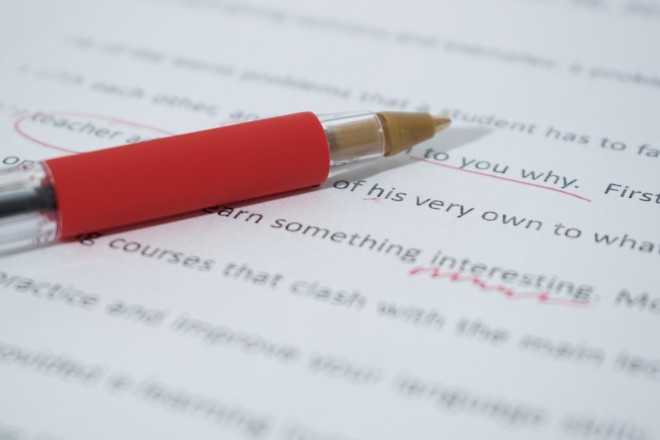The Town Hall Meeting at the ICTDX conference in Ahmedabad, India (4th – 8th Jan, 2019) voted overwhelmingly to adopt Version 2.0 of the standards and to integrate these standards into the reviewing process for future conferences in this series.
The motion that was passed was as follows:
Recognising that
- our interdisciplinary field of ICTD/ICT4D needs an agreed set of minimal ethical standards
- an interdisciplinary participatory co-creation process (including workshops at ICTD2016 and ICTD2017) has taken place
- ethics is about an ongoing process of self-reflection and dialogue not just a set of standards
- these standards will need to be revisited and where appropriate revised in future iterations
Members of the ICTD2019 community present at this Town Hall meeting endorse in principle the minimal ethical standards (see ICTDEthics.org) (starting with the current Version 2.0, to be a living document that will be built upon going forward) presented here.
We recommend that these standards become an integral part of the review processes for future conferences in this ICTD conference series.
Over the course of the conference, there were many formalised and informal discussions of the standards, but the primary focus was less on the content (which received widespread endorsement), and more on questions of how we, as a community, could best uphold and promote the standards in practice.
There was much interest in developing, collating and sharing learning resources and we at #ICTDEthics are keen to support this activity.
Discussion now moves on to consider how this decision can be implemented in the planning for the 2020 conference, and how we might implement review processes that encourage ethical reflection and ethical practice.



